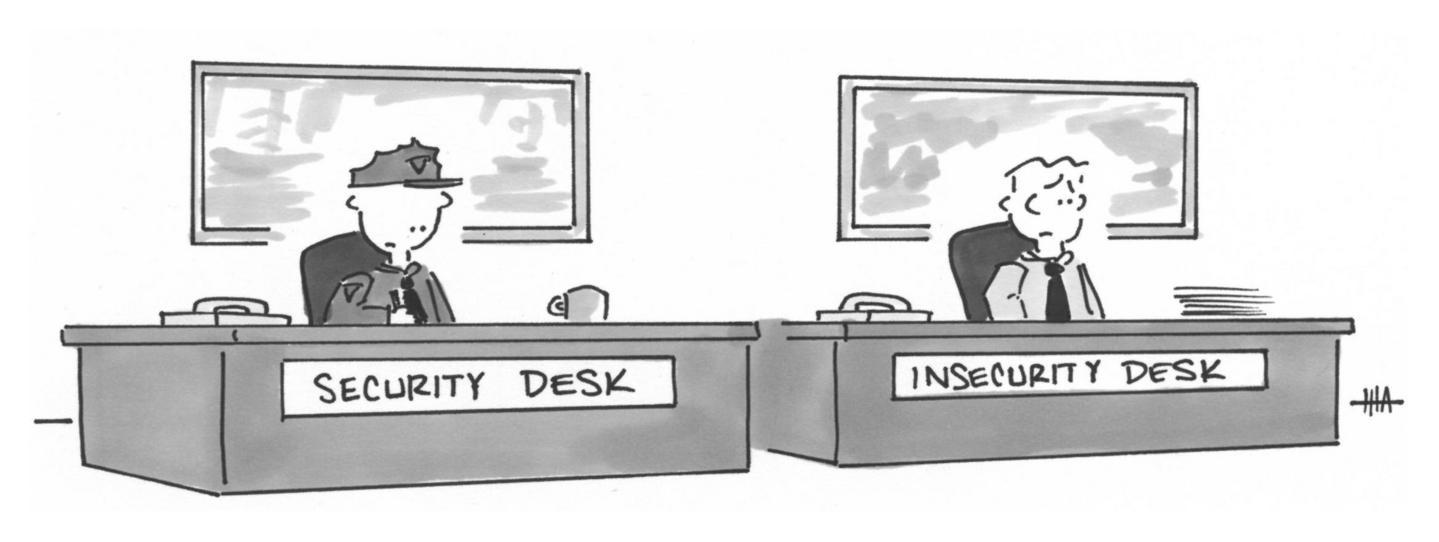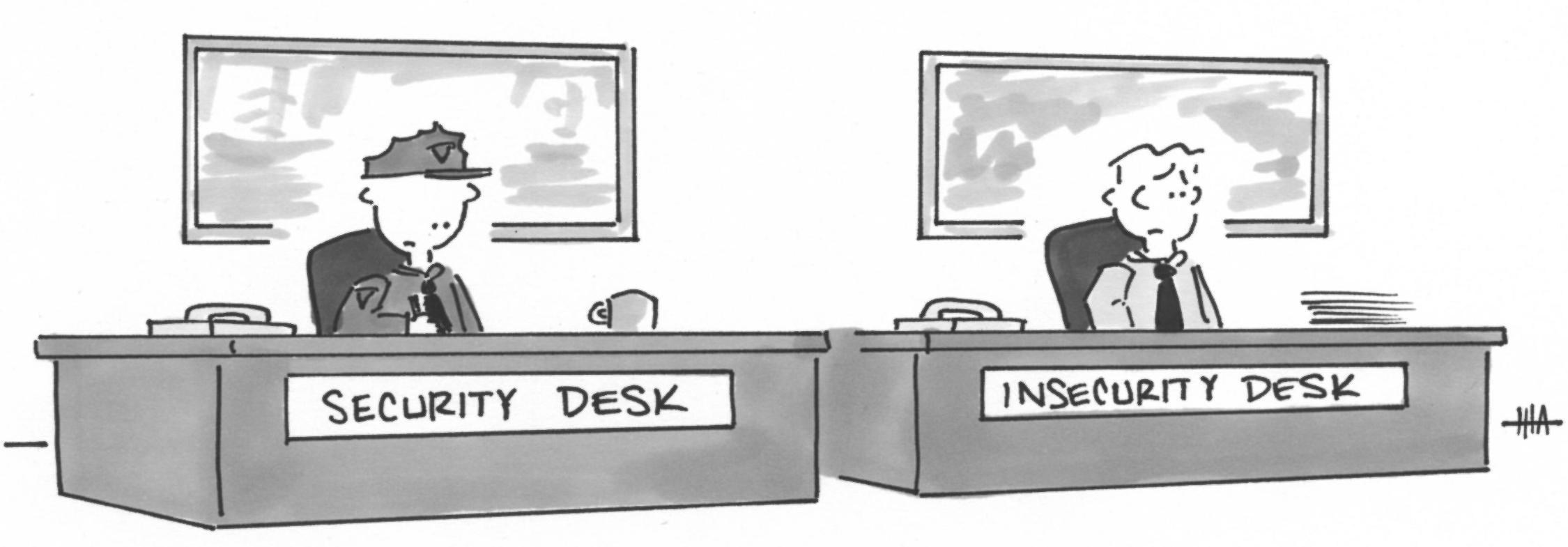Scars
I have a scraggly patch of hair on my right calf from when I scraped off a swath of skin in an Ultimate Frisbee tournament. (I made the catch for the score. My wife asked “Was it worth it?”)
We all have scars. The interesting ones aren’t physical, and are more subtly revealed. It’s the guy who’s a little too steadfast in his claim that “VCs are evil.” It’s the founder who says she doesn’t need to talk to customers before embarking on a $200,000 development project because “customers don’t know what they want until you show it to them.” It’s the developer who is sure that “Java sucks.”
Scars are part of what makes us unique.
Dwelling on our peculiar trauma is a comforting way to develop that uniqueness.
I like scars.
I want to remember.
I want to feel blood and tears.
I want it to feel tender.
I’m watermarked, just like forever.
—Matt the Electrician, Home
That uniqueness is good, or so says most advice. Embrace your scars, embrace your identity, own it completely, and suddenly you’ve solved one of the key riddles in life, not just in startups: Who am I? What should I be doing? How is that different from who anyone else is? How do I communicate this?
Some of my baggage, however, is a hindrance, whether or not it’s also busy “defining me.” I still find myself sometimes running WP Engine like the bootstrapped startup that it was for the first 18 months of its life, instead of the funded growth machine that it evolved into.
For example, last week I spent about 10 hours saving about $1000/mo in hosting costs. Not bad, you say, that’s $1000/mo right into your pocket! You can even make a financial argument: That’s 10 hours to earn $12,000 over the next year, which means my time was worth over $1000/hour, and that’s a good hourly rate no matter what.
No, not no matter what. I could have used those 10 hours to make it easier to share a website speed report, and that might have resulted in 1000 people trying it over the next year, 10 of which end up moving their WordPress site to our platform, and a few consultants who collectively put 20 of their clients on us. Even at $50/mo, that’s 30 × $50 = $1500/mo in direct new revenue plus side benefits in marketing and branding.
If you’re bootstrapping, getting that $1000/mo right now is the better choice. Money is scarce, time is precious, and $1000 today is better than $5000 next year (which you might not survive to see).
But if you do have money in the bank it’s just the opposite. The whole point of an investment is to turn “money today” into long-term value, meaning a growing, profitable, predictable revenue machine.
So even if you know your scars, embrace them, and have perfect rationalization of why every decision is the correct one for you, it still might be wrong.
What can you do to mitigate this?
First, you have to decide what your core beliefs are: The inalienable tenants that you want to live your life no matter what—even if it means making less money, or increasing risk, or hurting your brand, or hurting your feelings, or limiting your fame, or closing doors, or losing relationships. The things that you believe so strongly, that if a relationship were contrary to it, then it’s the relationship that is wrong, and thus it’s good that it dissolves; that if making money a certain way is contrary to it, then you don’t want to make money that way. These are your core values, and also form the basis of the cultural values of your company. This is who you are.
Second, you ensure your startup journey conforms to these values, as well as your natural strengths and weaknesses. Decide to build a company in which the correct, consistent decisions are the ones you’ll naturally take. If you love optimizing the last dollar out of the process—as I apparently do—build a bootstrapped company. If you don’t like working with people, be a Micropreneur like Rob and Patrick. If you want to leave a mark on the world, have big ideas with lots of people and lots of money, seek advice from those who have walked that particular path before you, who help you become a better version of yourself, rather than pushing you to be something “rational” but unnatural.
Third, use this as a guide for interacting with the rest of the world. Having defined “yourself,” and made decisions consistent with that, you have to find out where you are wrong, where you’re ignorant, where you’re doing the wrong thing according to your own definition of “right.” You can’t do that alone, almost by definition; otherwise you would already have fixed the problem. So do what I’m doing now: Surround yourself with trusted advisors and be completely and continuously honest with them, then actually listen and learn. I know I’m naturally a bootstrapper, a “get to the first $10M in ARR, but only after seven years, and then what?” type of person, so I know I need constant course corrections.
Escape the echo chamber of your own head. Because, as in the example above, you cannot know you’re wrong. Not even if, like me, you’re proactively introspective, escaped the clutches of Impostor Syndrome, and have a few successful startups under your belt.
So embrace your scars, let them lead you to who you are and what you believe, construct your life, relationships, and organizations around those, but then with that solid foundation, seek (compatible!) guidance on how you can execute on that despite the weaknesses and blind spots and flaws that those same scars create for you.
You are your scars.
But you’re also more than that.
https://longform.asmartbear.com/scars/
© 2007-2026 Jason Cohen
 @asmartbear
@asmartbear ePub (Kindle)
ePub (Kindle)
 Printable PDF
Printable PDF







